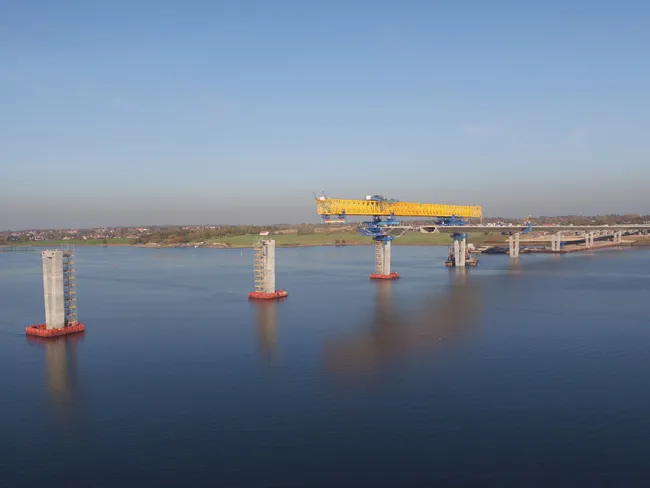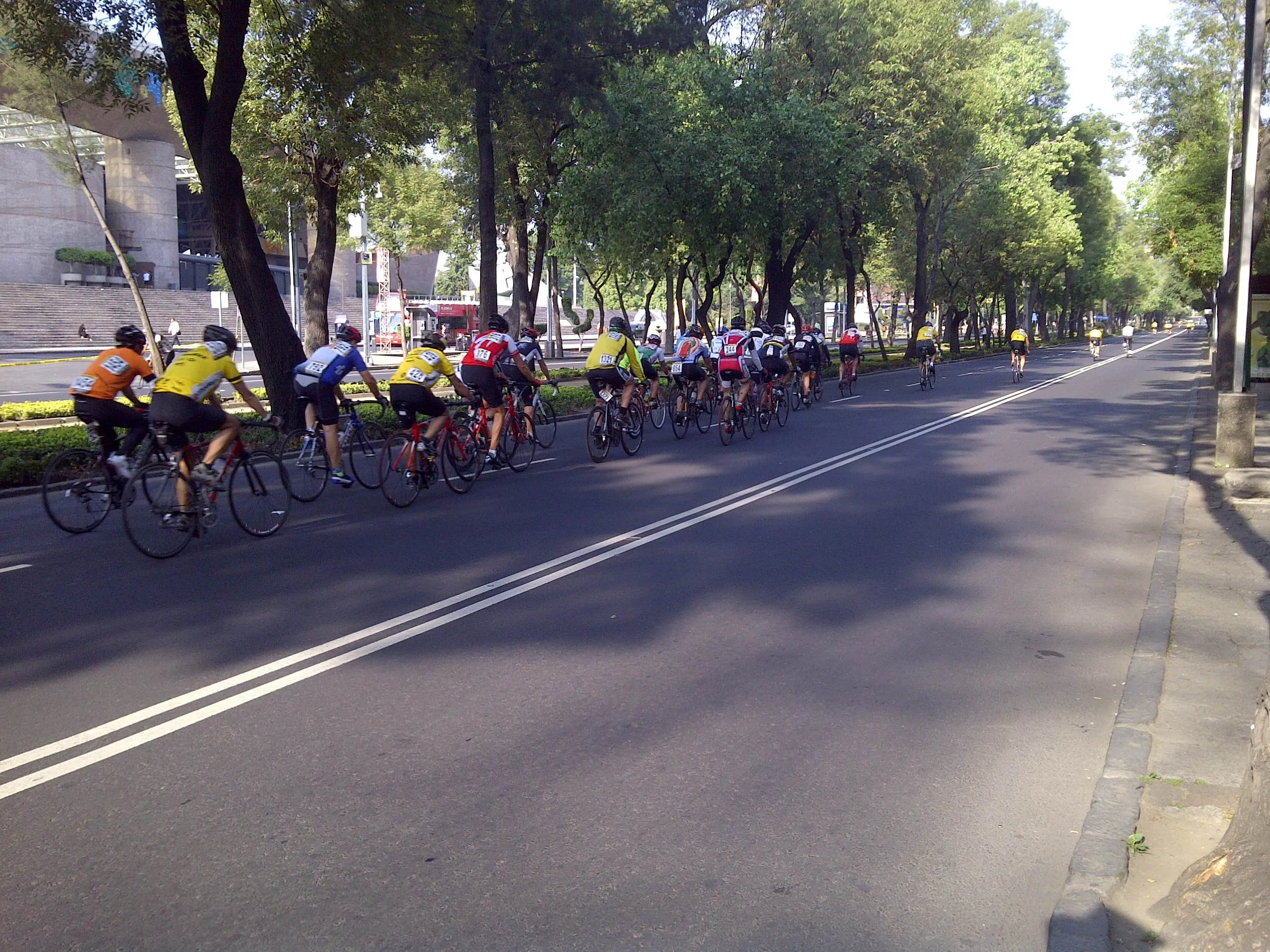
The UK‘s first Cyclops junction - cycle optimised protected signals - has been launched in Hulme in Greater Manchester.
The Cyclops design fully segregates cyclists from general traffic, improving safety for all road users. Pedestrians are also able to get where they want to be in fewer stages with more space to wait than on other junction designs.
It was installed as part of the Manchester-to-Chorlton cycling and walking route. It is also part of Greater Manchester’s Bee Network, a nearly 2,900km joined-up walking and cycling network that connects every community across the city-region.
The Cyclops junction has a so-called external orbital cycle route that separates cyclists from motor traffic, according to Richard Butler and Jonathan Salter, transportation engineers with the Transport for Greater Manchester and designers of the Cyclops layout. Bicycles approaching from all four “arms” can use the cycle track which encircles the junction to make left, ahead and right turning movements safely protected from traffic.
Another benefit of the design is that cyclists have a protected right turn on a gentle radius and can filter left without signal control. Also, journey times for all modes of transport using the intersection - including motor traffic - are not negatively affected.
Construction was carried out by Colas UK, wholly-owned by the Colas Group, a French international contractor and part of Bouygues. Care was taken to minimise disruption to the traveling public and local residents. Colas developed a programme which delivered the works in small-low impact phases which were coordinated with the flow of traffic, again allowing for the least disruption.
Chris Boardman, Greater Manchester’s first cycling and walking commissioner, praised the layout. “Particularly right now, as we’ve seen cycling trips up by 34% and cycling and walking trips now counting for 33% of all journeys in Greater Manchester,” said Boardman who was a professional bicycle racer and Tour de France prologue winner, as well as an Olympic track gold medallist in the individual pursuit. “This junction design will make journeys easier and smoother for those doing their bit by cycling or walking, without impacting negatively on any other modes.”
The next Cyclops layout will be at Manchester’s Newport Street, by Bolton Station. More than 30 more layouts are in development across the 10 Manchester area districts.
For a free 16-page downloadable pdf of the programme and Cyclops design, visit the Transport for Greater Manchester website.









